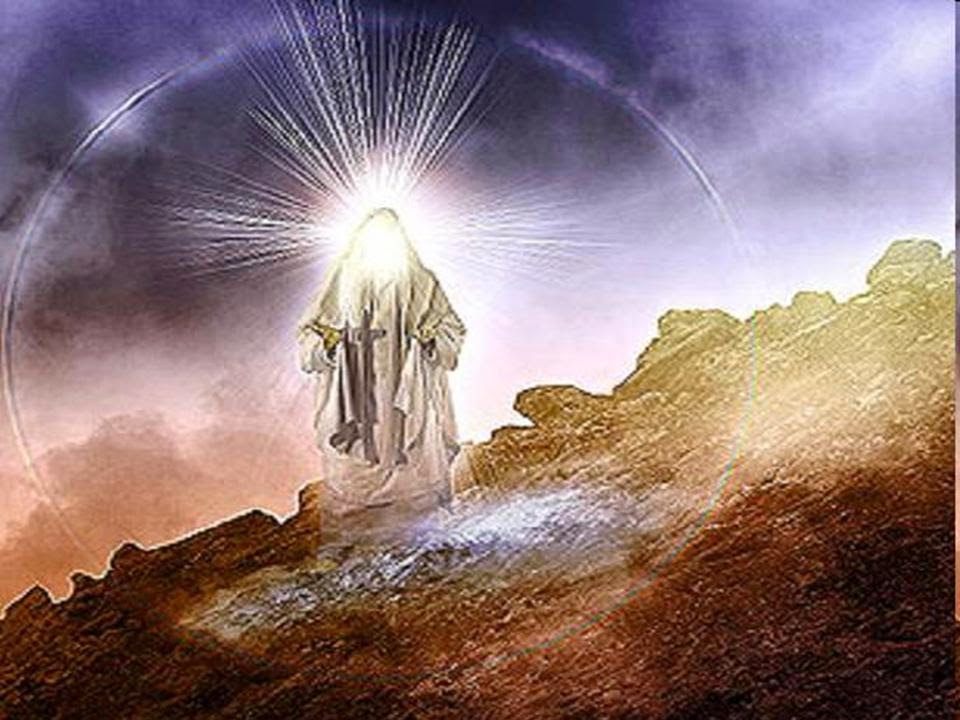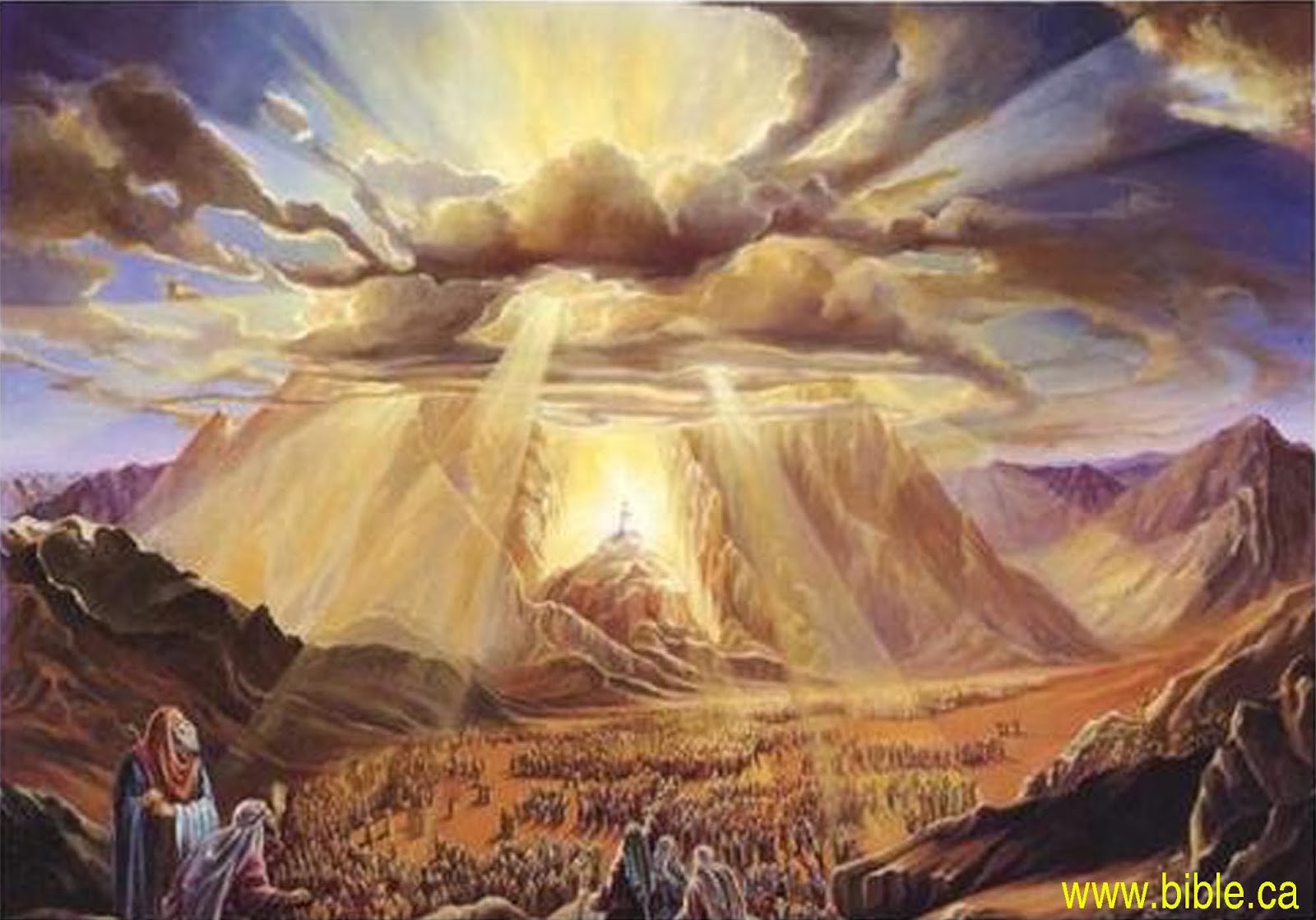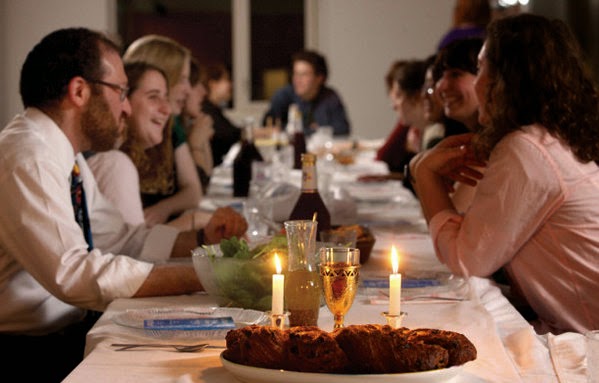With My Hand on the Lamb

Google Images Now that the Tabernacle has been built and all the furnishings put in place, it is time for God to give Moses detailed instructions on the activities that are to take place in and around the meeting place where God will presence Himself among His people (Exodus 40:34-38) when they are not on the move. Leviticus 1 describes the procedure for the burnt offerings. Depending on the capacity of the supplicant, various offerings could be made: a bull from the herd, a sheep or a goat from the flock, or a dove or a pigeon for those who were very poor. The animal or bird was to be a male without defect. But it is the picture given to us in Leviticus 1:3b-5a that made me pause this morning. “ …He (the supplicant) must present it at the entrance to the Tent of Meeting (the Tabernacle) so that it will be acceptable to the Lord. He is to lay his hand on the head of the burnt offering, and it will be accepted on his behalf to make atonement for him. He is to slaughter the young b...











